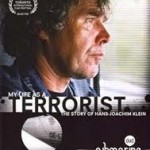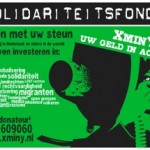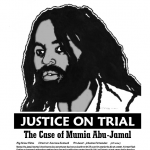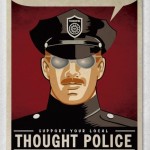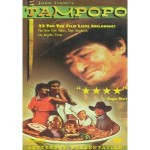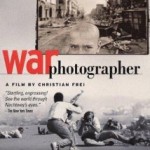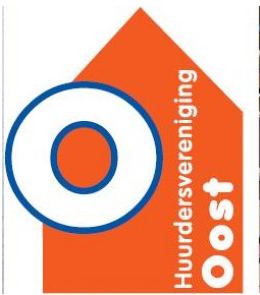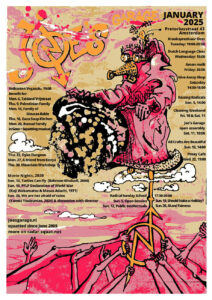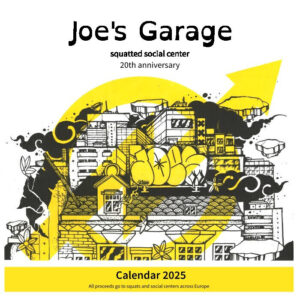Zo./Su. 12 feb. 2012, 20:00 Filmavond, Hans-Joachim Klein: My Life as a Terrorist (Alexander Oey, 2005, D, 70′, english subtitles)
The documentary reconstructs the life of former terrorist Hans-Joachim Klein and reveals why an individual pursues a path of radicalism and violence.
On December 21, 1975, six terrorists from the Revolutionary Cells, led by Carlos ‘The Jackal’ forced their way into the conference room of the OPEC headquarters in Vienna and took seventy ministers hostage. Three people were killed, Klein was seriously wounded. The terrorists managed to escape to Algiers with a few hostages and the wounded man. There the hostages were released.
After Klein’s decision to turn his back on terrorism, he had to hide for both the police and his former allies. It wasn’t until 1998 that he turned himself in. Klein now lives in Normandy and has to deal on a daily bases with the choices he made during his militant years. Stock shots support Klein’s story of the violent career of a young man committed to high ideals.
Film night at Joe’s Garage, nice, warm and cozy cinema! Doors open at 20:00, film starts at 20:15, free entrance. You want to play a movie, let us know: joe [at] squat [dot] net
